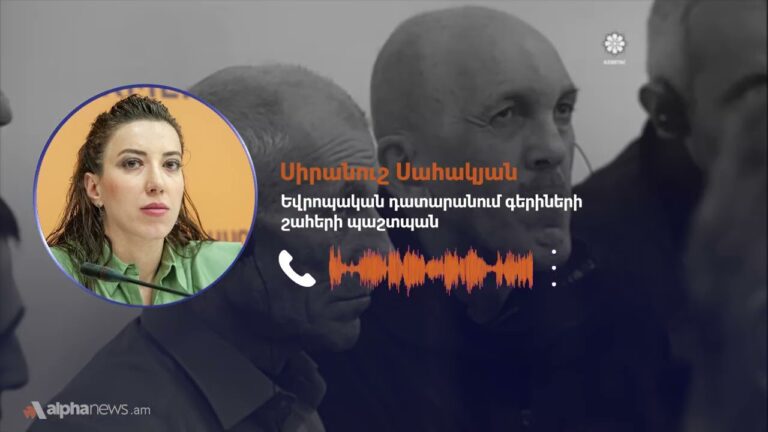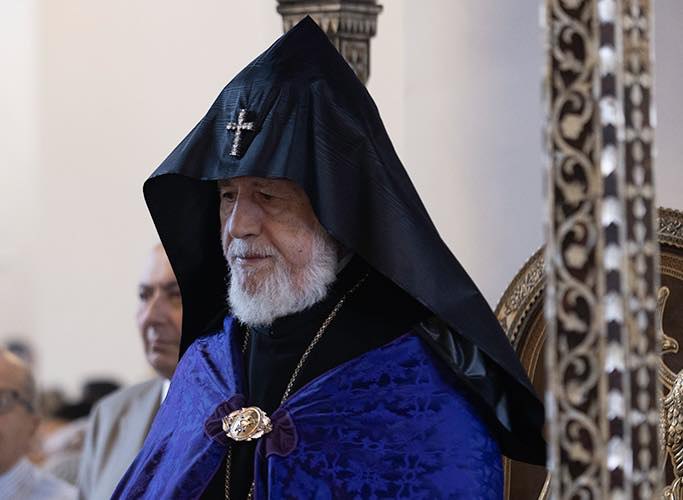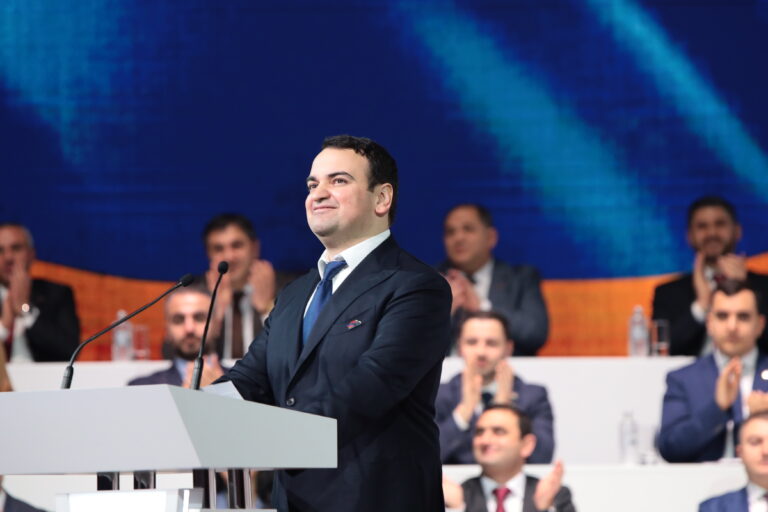Gurgen Nalbandyan – 5 Portraits from the History of the Armenian People
October 21 2024, 22:00
In 1921, when the border between Armenia and Turkey was drawn, Armenian politicians had no opportunity to express their principled position or make comments on this issue during negotiations. Only decades later, an Armenian officer would be able to demonstrate the Armenian collective thought, even symbolically, in the international arena. That Armenian officer was Gurgen Nalbandyan.
It is known that in 1921, the Treaty of Kars defined the borders of Soviet Armenia, in general, between the Soviet Union and the Republic of Turkey, the borders that still exist between Armenia and Turkey today. Naturally, those borders were the result of the defeat of the Armenian military and diplomatic thought. However, even after drawing borders, both Armenians and Turks, as well as Armenian and Turkish politicians, had something to say. In the case of the Turks, a complex remained, which can be called the “Kars Treaty complex”.
That complex was further aggravated when in 1945 the Soviet Union talked about territorial claims, about the Treaty of Kars not being so fair. For decades, the issue of the border between Armenia and Turkey, or the Treaty of Kars, remained a prominent complex in the Turkish political mind and thinking. It was reflected on different occasions, in different situations.
In turn, the unfairly drawn borders also left displeasure in the Armenian collective thinking. Various figures and historians tried to speak about it. But few of them managed to voice it properly and in an appropriate environment. In connection with this, there is a little-covered episode in our history, which is studied in detail by historian Avag Harutyunyan.
This episode is related to the delimitation between the Soviet Union and Turkey in 1968, when the USSR and Turkey agreed on redefining the existing border due to various changes.
A Soviet and Turkish commission was formed, which for about 6 years, until 1973, dealt with the technical work of drawing the border. An interesting person, Colonel Gurgen Nalbandyan of the Border Guard Forces, was included in that commission by Soviet Armenia. He worked for many years on the Armenia-Turkey border and was well known both on the Armenian side and on the Turkish side. Being included in that commission, Nalbandyan actively participated in the negotiations of the Soviet-Turkish delegation.
He presented respective reports to the leadership of Armenia. His reports addressed to the then leader of Armenia, Anton Kochinyan, have been preserved.
There were various types of reports, some were descriptive, telling about the works. There were also reports, especially the last one, which were both of political and geopolitical nature. In a sense, they were also about a figure who was a bearer of historical memory and a role model for generations.
During the delimitation, the Turkish side is trying to put forward a political issue and ensure that Soviet history highlights the issue of re-recognition of the Kars Treaty and once again confirms that it has no land claims against Turkey.
Gurgen Nalbandyan objects to this issue with solid facts: the commission is not authorized to address political issues. Therefore, re-recognition of the Kars Treaty, re-recognition of territorial integrity, and similar issues cannot be included on the agenda of the technical commission, which must redraw how the border passes, on which side of the river, on which part of the rock.
The Soviet delegation accepts Gurgen Nalbandyan’s objections.
The Turks respectfully called Gurgen Nalbandyan Nalband Pasha. Translated from Turkish, Pasha means general.
Gurgen Nalbandyan earned respect even from the enemy.
In the ‘5 Portraits from the History of the Armenian People’ series of Alpha News’ fall season, renowned scholar Professor Ruben Melkonyan reveals the of General Gurgen Nalbandyan, or, as the Turks said, Gurgen Pasha, and the lessons of his period.








